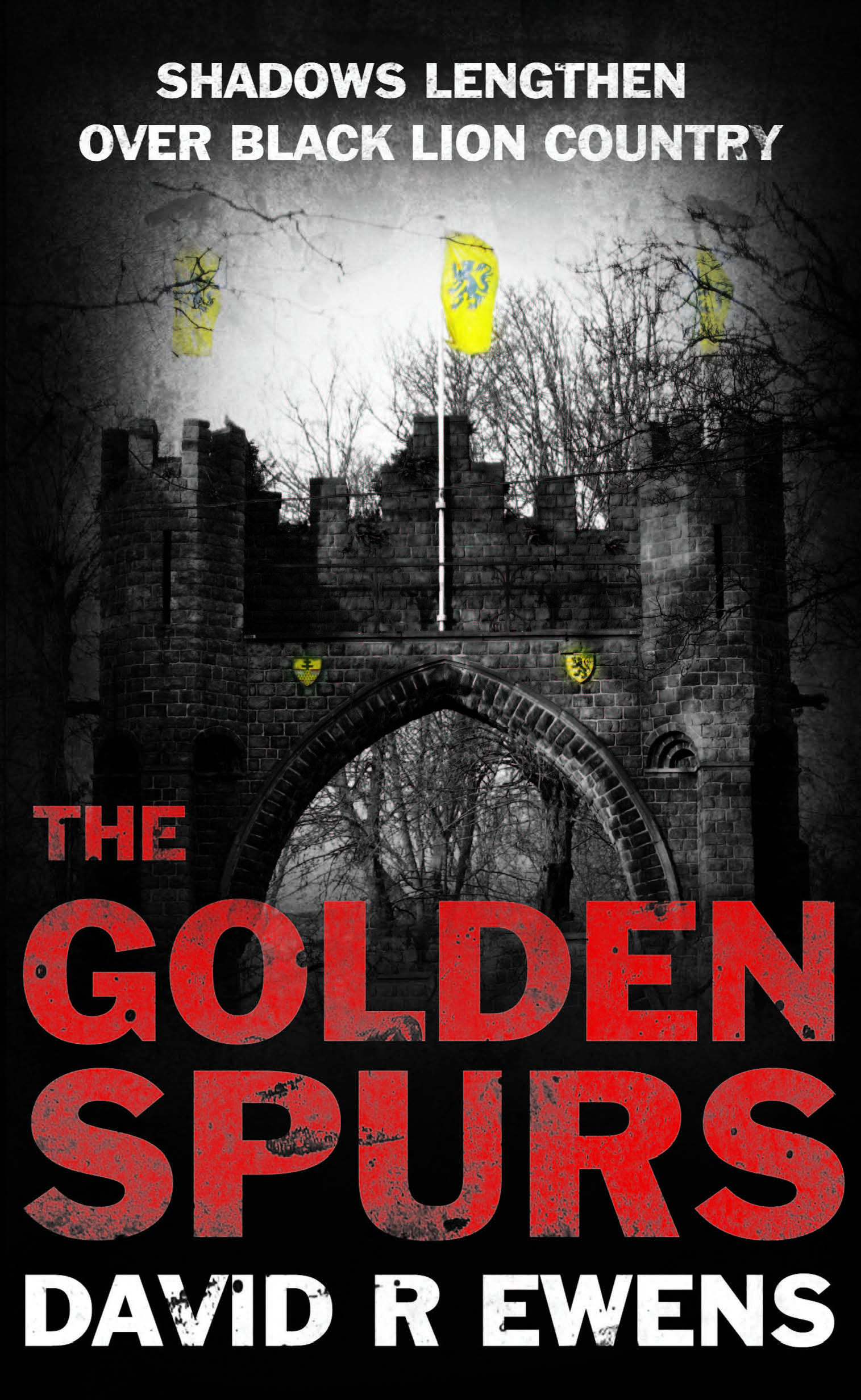I love crime fiction. I always have. So when I set myself the target of writing and publishing five crime novels I already had my enthusiasm and passion for the genre to spur me on. I knew all the ingredients for a good thriller: an interesting, quirky, perhaps flawed, protagonist, (in my case the ex-police officer turned private investigator, Frank Sterling); interesting, arresting support characters; mystery; twists and turns; and, of course, at least a fair amount of murder and mayhem.

David R Ewens writes for Female First
But what about plots – the key ingredient to riveting reads? People may not remember them compared to characters that live on long in the imagination, but thrillers are nothing without them. In the end, getting the plots was straightforward by asking myself three questions. What is topical and interesting to potential readers? What interests and enthuses me, to the extent that I’m prepared to do further research? And what do I have plenty of prior knowledge about?
On the issue of topicality, the world is going through convulsions with mass migration, economic and political. Hand in hand with this are the rise of nationalism and far-right politics as established communities struggle with the changes and challenges that emerge.
New forms and sources of terrorism from Afghanistan and the Middle East are countered by military and security interventions from the West, Russia and other powers. Attempting to maintain security has included initiatives such as extraordinary rendition, where alleged terrorists are exported from countries that outlaw torture to countries where it is permitted and carried out.
Other topical issues include the politics of identity and ‘protected characteristics’ – gender, sexual orientation, disability etc., and more prosaic events such as bank robberies and corruption in public life.
My own interests are wide-ranging. I like where I live and the surrounding countryside, East Anglia, where I was brought up, and Belgium, which is only a channel hop away. I like cryptic crosswords and puzzles of all kinds. I have a deep interest in and love of history. If I am enthusiastic about what animates me, I am confident about making readers enthusiastic too, bolstering my interests and writing with further research, for example on the development of radar, the history of secret codes, Flanders from the 12th century onwards and, more recently, bank robberies in the last decade.
In some areas, I have specialist knowledge. A history degree covered the 20th century, including the two world wars. My early career was spent in Further Education Colleges, so I am aware of the quirks, foibles and possible corruption that can lurk in that sector. More recently, I was the principal researcher and writer for a national research project on impairment and disabled people, which gave me insights into and knowledge of that area that reinforced my own experience as a profoundly deaf person.
So the novels are based on topicality, my own interests, and specialist knowledge enhanced by further research. The first, The Flanders Case, is a mystery set in the WWI battlefields of Flanders, with a foreground of embezzlement of party funds. Frank Sterling, PI, is engaged by a femme fatale to find her missing husband, using clues that lead him around Ypres and the surrounding countryside.
In Under the Radar - history again – a secret of WWII erupts with a brutal murder of a very old woman in this century. The novel can be characterized as a kind of The Thirty Nine Steps for disabled people, in which Sterling and the wheelchair-using girl he rescues are pursued from East Anglia to Kent, disabled issues examined through their bickering and banter en route.
Extensive knowledge of colleges led to my third novel, Rotten, about intimidation, blackmail, corruption and murder in one of these, although things in my notional college get considerably more out of hand than is usual.
Fifth Column, focusing on a chase involving PI Sterling and a security service spy across southern England, culminates in a foiled terrorist attack on a power station and a shoot-out at a small airfield on Romney Marsh, and The Golden Spurs takes Sterling back to Flanders to solve the mystery of a disappearing fiancé, a nationalist rising and a daring heist. In all five novels of the Frank Sterling series, codes play a prominent role.
These days I am more and more involved in local party politics, so for my sixth novel I already have the bones of a plot, starting with the body of a renegade ex-party member discovered in the rushes of the river running through the city. Who, in a rich cast of local worthies, dispatched him? The trouble is, will my party colleagues recognise themselves, the landscape and the nuances of local politics shaped to my purposes? If they do, I might have to leave the district.

David R Ewens is an acclaimed British author whose Frank Sterling series of novels are a must-read for any serious thriller lover. His books, The Golden Spurs, Rotten, Under the Radar, The Flanders Case, and Fifth Column, are all available on Amazon UK. He lives and writes in Kent, England. Visit www.franksterling.co.uk

